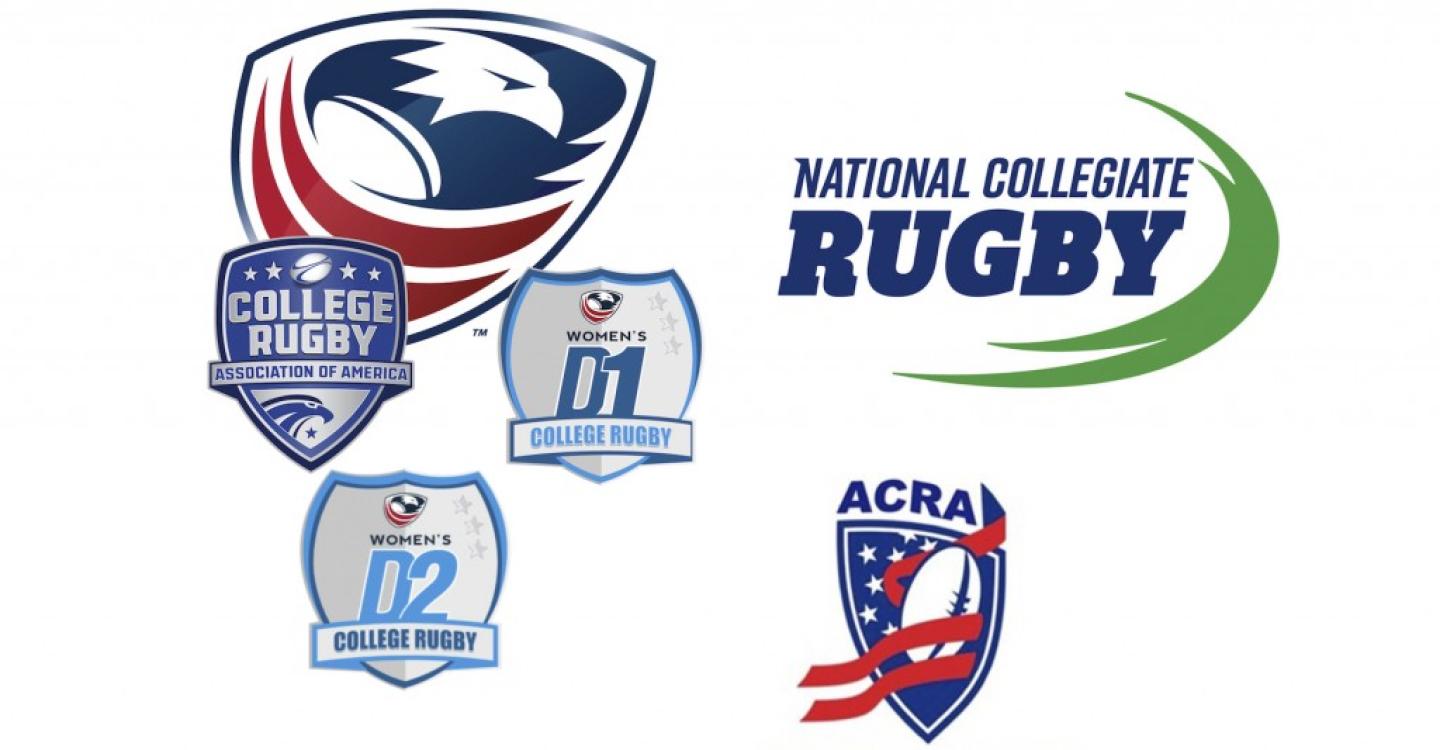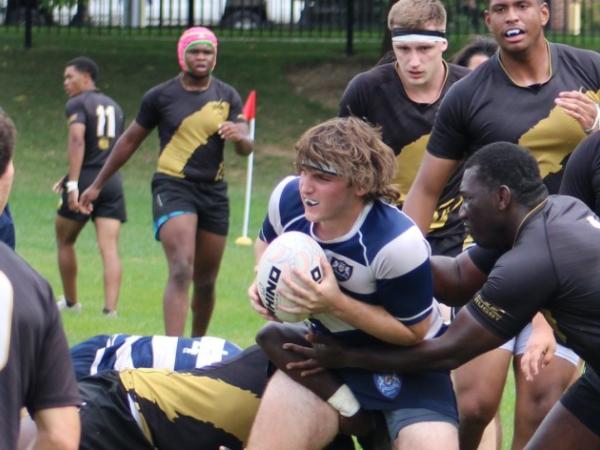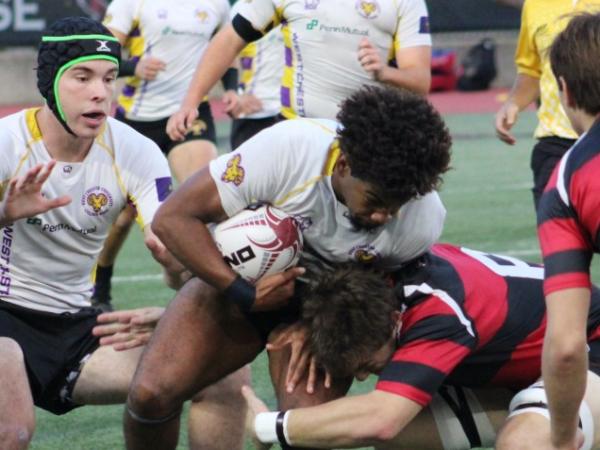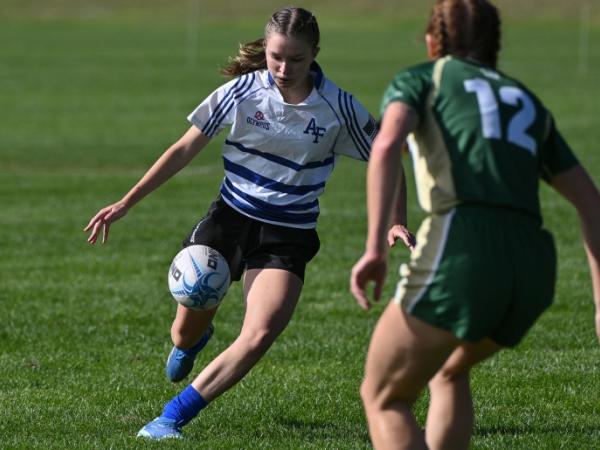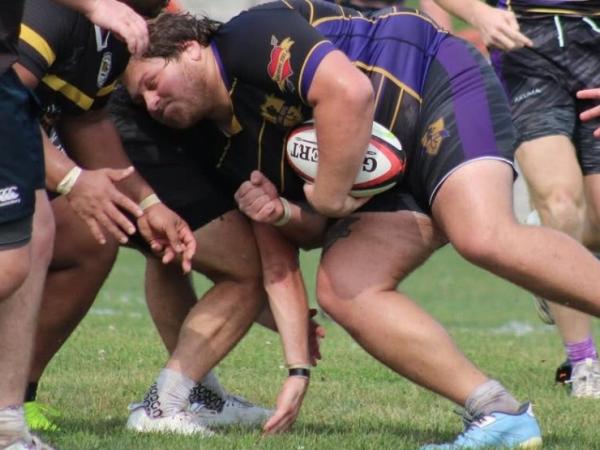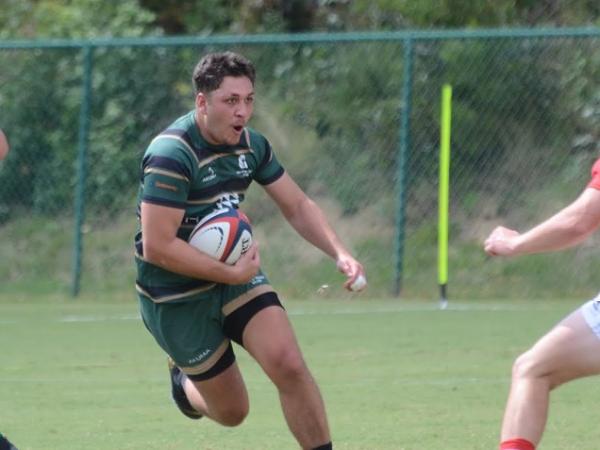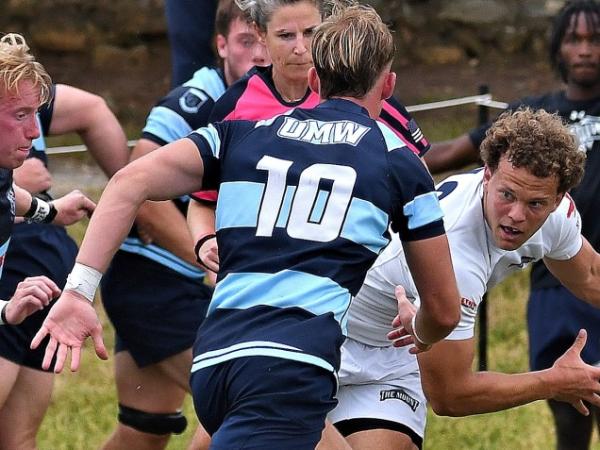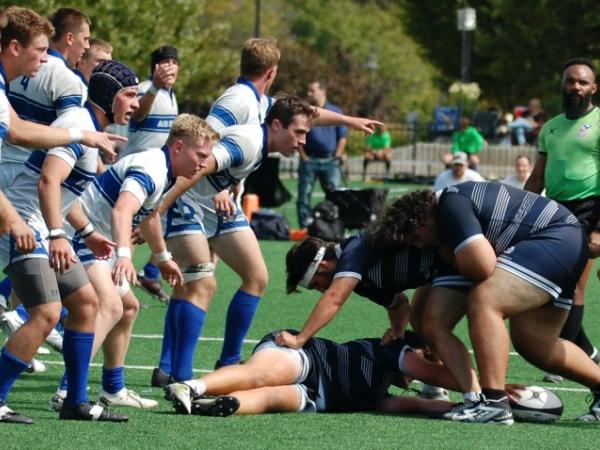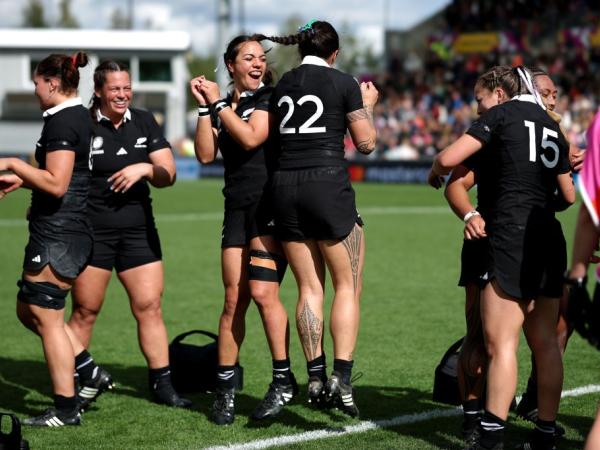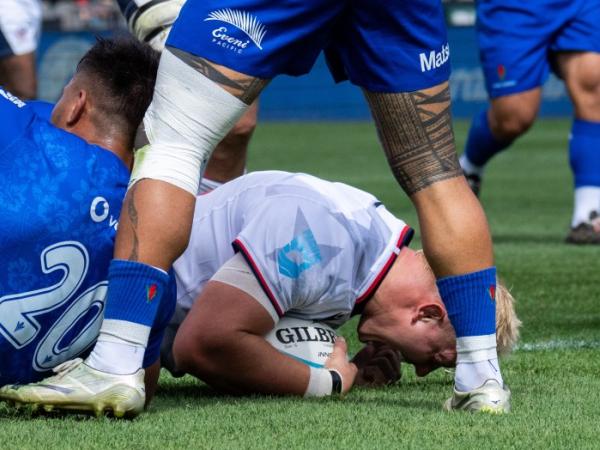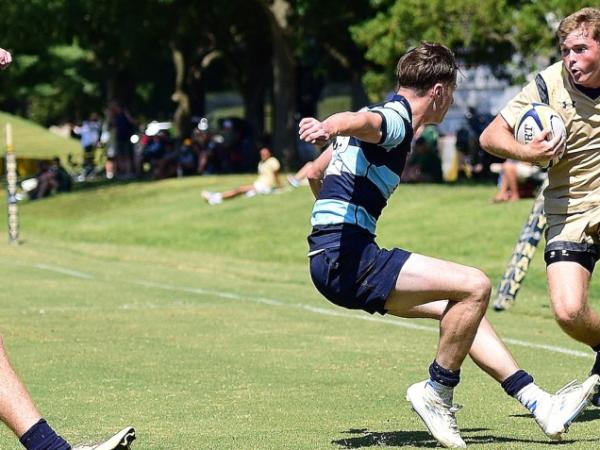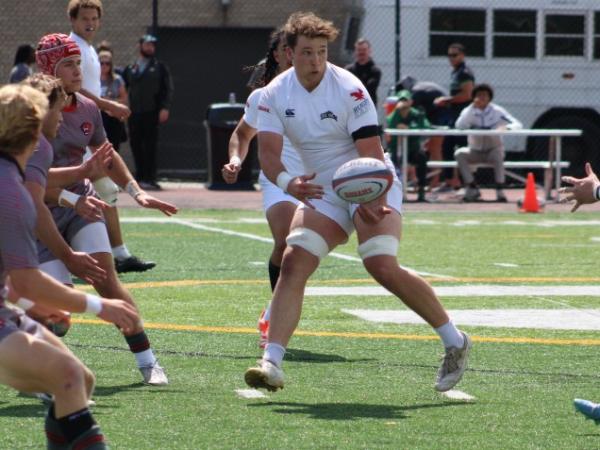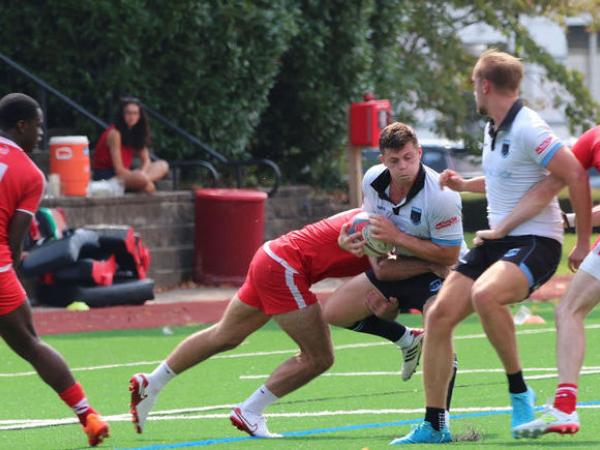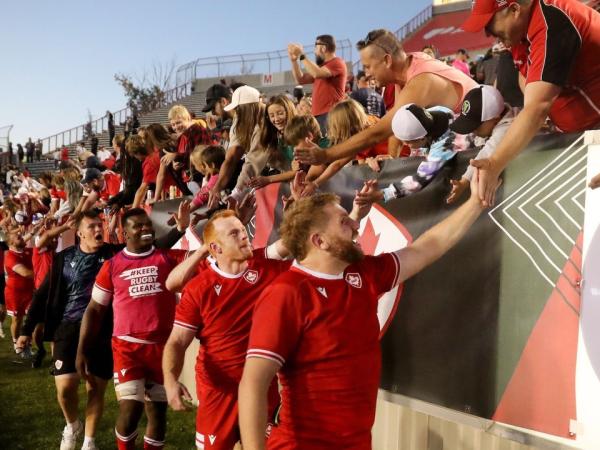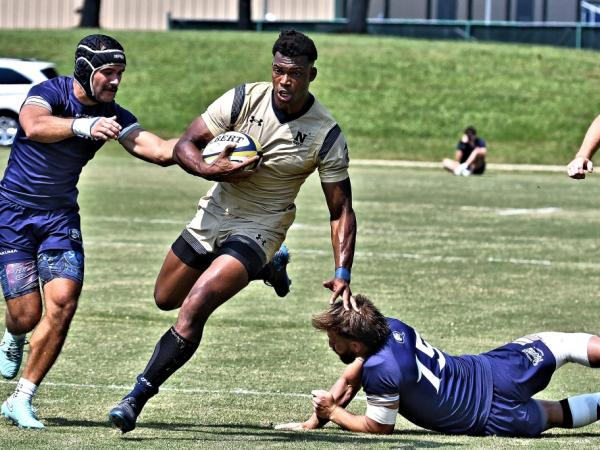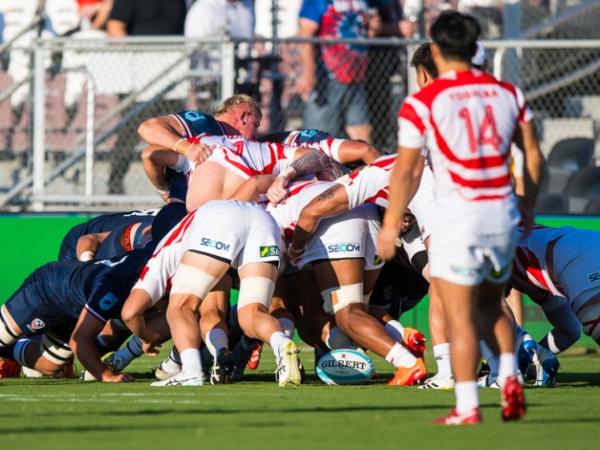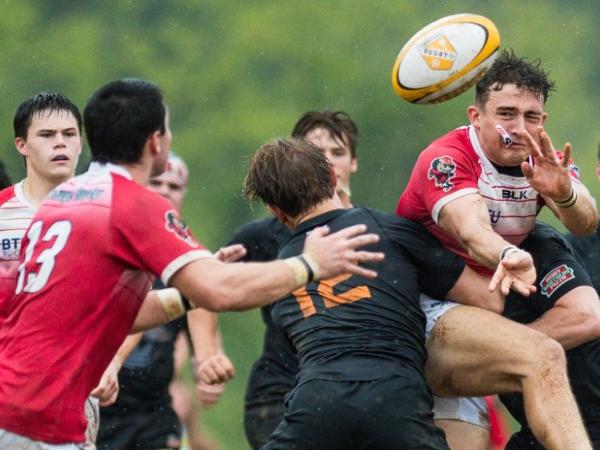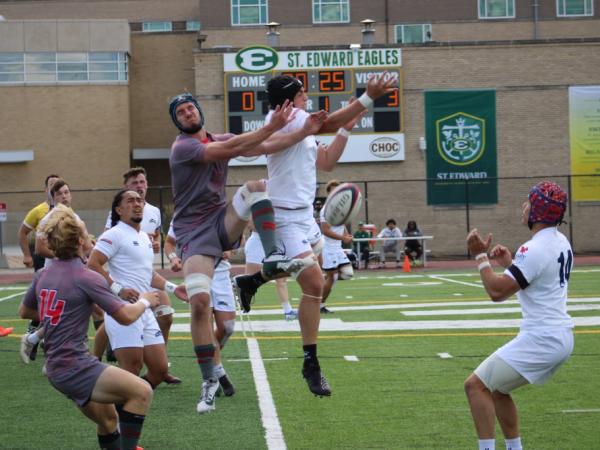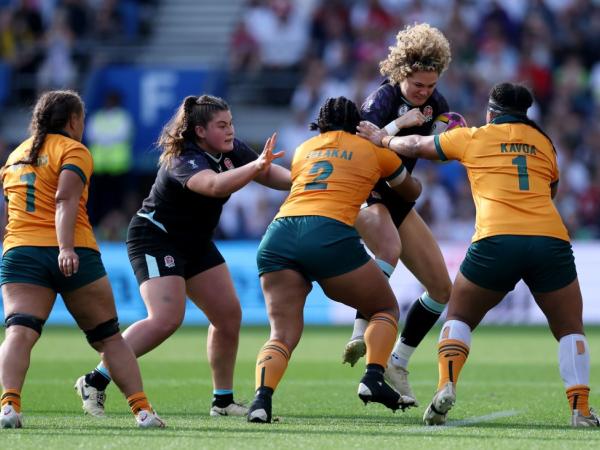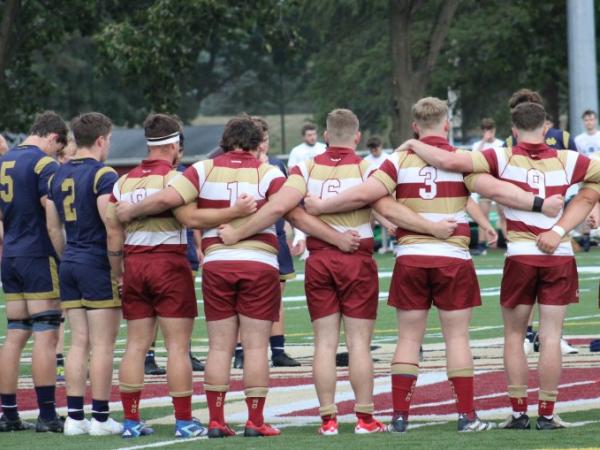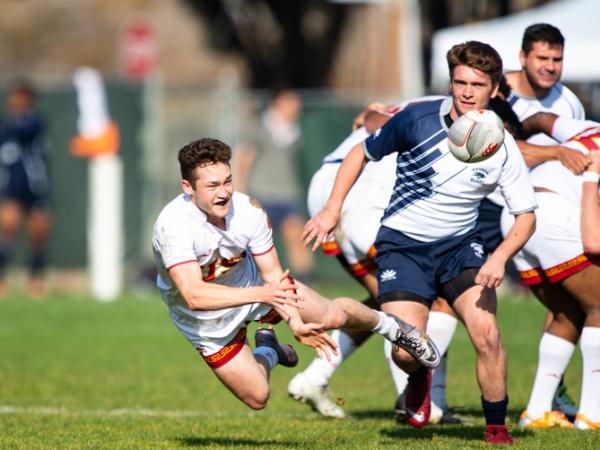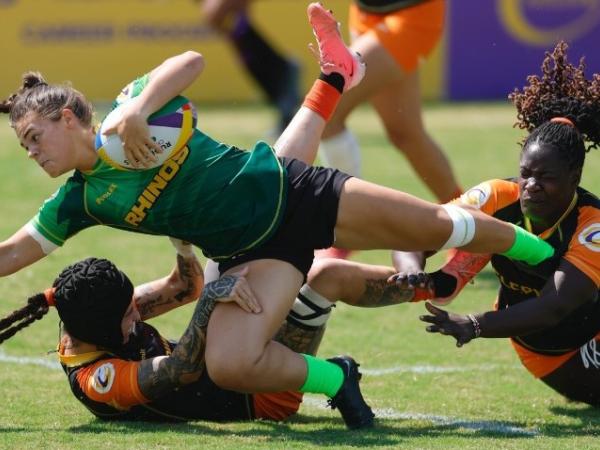Following on from our recent op-ed from Rafael Zahralddin, it seems like National Collegiate Rugby (NCR) has a case that the Ted Stevens Act gives them free rein to pretty much do what they want.
But that doesn’t mean there aren’t still complications in bringing the college game together (if that, in the end, is what everyone wants … don’t we?).
Representatives from USA Rugby are reaching out to NCR to try to come up with a plan that keeps everyone under the same umbrella.
Op-Ed: The Ted Stevens Act Gives Amateur Competitions Freedom
The reasons USA Rugby wants this are relatively clear: 1) Money—the college game represents one-third of USA Rugby’s anticipated dues income, and if you take out 35% of that (or more), then you’re short several hundred thousand dollars; and 2) It’s much, much easier to deal with issues within the game if everyone has a seat on the newly-forming College Rugby Council and everyone has a voice on their representative on the Board. Right now, as the plans exist, NCR teams wouldn’t be involved in the Council or the Board because they wouldn’t be members of USA Rugby.
No One Wants Just Sticks
There’s a carrot and a stick approach to this, and it seems pretty clear that the stick isn’t working. Talk of teams not being able to play out-of-NCR have been described as threats, not warnings, and that speaks to an ongoing anger and frustration within NCR circles that USA Rugby misused funds (back when NCR was NSCRO), and left many organization high and dry.
This shouldn’t be forgotten—had there not been a COVID-19 shutdown we might have seen several events and championships canceled or curtailed because money owed to various leagues and organizations weren’t paid by USA Rugby. We talk about USA Rugby being in crisis, but that crisis filtered down to others.
The stick approach also isn’t working as evidenced by Zahralddin’s op-ed—NCR supporters are pretty sure they have the right to do what they are doing.
USA Rugby still has one more stick, saying World Rugby’s Regulation 16 basically says you’ve got to be a member of a national governing body in order to play internationally or host internationals. Several observers have argued that this only applies to high-level rugby, and not amateur clubs and colleges. Once again, there’s room for argument, which might mean there’s room for compromise.
... there’s room for argument, which might mean there’s room for compromise.
One More Serious Complication
And one more wrinkle. This doesn’t apply to every college team but it certainly applies to some. Colleges have regulations governing club sports, and a significant percentage of colleges require membership or good standing with a national governing body.
This is a key reason why the Big 10 men’s conference stayed with the CRAA—their schools specifically require membership with the sport’s governing body.
At GRR we took this information and looked for other colleges with similar regulations. We found schools that seemed to have no such restrictions (especially in DII), but in DI there are all sorts of regulations that talk about abiding by NGB rules.
The problem is that the language is often ambiguous. The wording sometimes implies that there just needs to be an NGB in existence for the sport, and sometimes says “regional or national” governing body. But we asked one coach of a school with slightly ambiguous language, and he had asked his school—they said the rules meant, in no uncertain terms, that you have to be a full member of your national governing body.
Here are some examples of the wording we’ve found—all of these are DIAA or DIA schools (we took the school names out because we don’t want to be singling anyone out):
[The club is required …] To abide by all of the rules and regulations of the University of [Name Deleted], Recreation Services, the Sport Clubs program and the governing bodies of the particular sport.
________
Coaches/Instructors should be adequately experienced within the specific area of instruction and possess any necessary certifications or licenses required by the appropriate sport’s national governing body.
________
The club in question will need to have a National Governing Body in order to be considered.
________
Participants will be able to compete against other clubs in accordance with the policies set forth by the National Governing Body for the respective sport.
________
[Name deleted] University Club Sport Teams must be a member in good standing with a Regional Conference or National Sport Governing Body with developed standards of competition, participation compliance and an established / organized championship structure.
________
[The club sports …] Must have a regional or national governing body with which the club could/does associate with.
(this is the one we asked about, and another clause was then shown us ...)
Clubs should be aware of and adhere to any insurance requirements set forth by their National Governing Body/Organization.
________
Now, this isn’t an insurmountable issue for NCR and its members. But it does perhaps suggest that coaches and club presidents should check with their school.
“Hey, just wondering… if our competition is run by an organization that is not a member of the sport’s national governing body, but still provides insurance protection, proper intercollegiate competition, and membership services, is that OK?”
See what happens.
The Carrots(?)
Is there a carrot for USA Rugby to offer NCR? Perhaps, such as:
- Far fewer complications with your schools
- Ability for players to transfer membership (this is actually a big deal. Several hundred, (it's less than 1,000 but still a few hundred), of college players shift to club 7s in the summer. If thing stay as they are, NCR players who did that would have to pay for a completely new membership with USA Rugby).
- The promise that USA Rugby won’t be filtering money. Any money sent USA Rugby stays there … no one is waiting for a refund. This isn’t a carrot so much as a promise not to be jerks in the future.
- A place at the council table. The Collegiate Rugby Council will be the governing organization of the sport. There will be members representing D1A, D1 Elite, D1AA, D1 Women, D2 Men, D2 Women, and then small college men and women if they are around. (NIRA would attend but not vote). But if NCR (and thus NSCRO) isn’t a member of USA Rugby, they won’t be part of this group. The voting power of D2 men pretty much disappears, as does that for small colleges. No vote on issues in the game, and no vote on who sits on the USA Rugby Board. The carrot is that NCR gets a say. The question is, do they care?
Right now NCR is looking at a likely gross income from player and team dues of about $800,000 (based on our estimates of number of viable teams and number of players). To have USA Rugby take a chunk of that just to say NCR is kosher undercuts what NCR is trying to accomplish.
At the same time, the overall USA Rugby membership has to be hoping NCR pitches in. Why? Because the per-member cost would drop 10% to 15%. There’s a financial benefit to unity … maybe.
USA Rugby has to come in with a bigger, better deal that is less about what will happen to you if you don’t join, and more about what will happen for you if you do. NCR maybe just has to listen.






